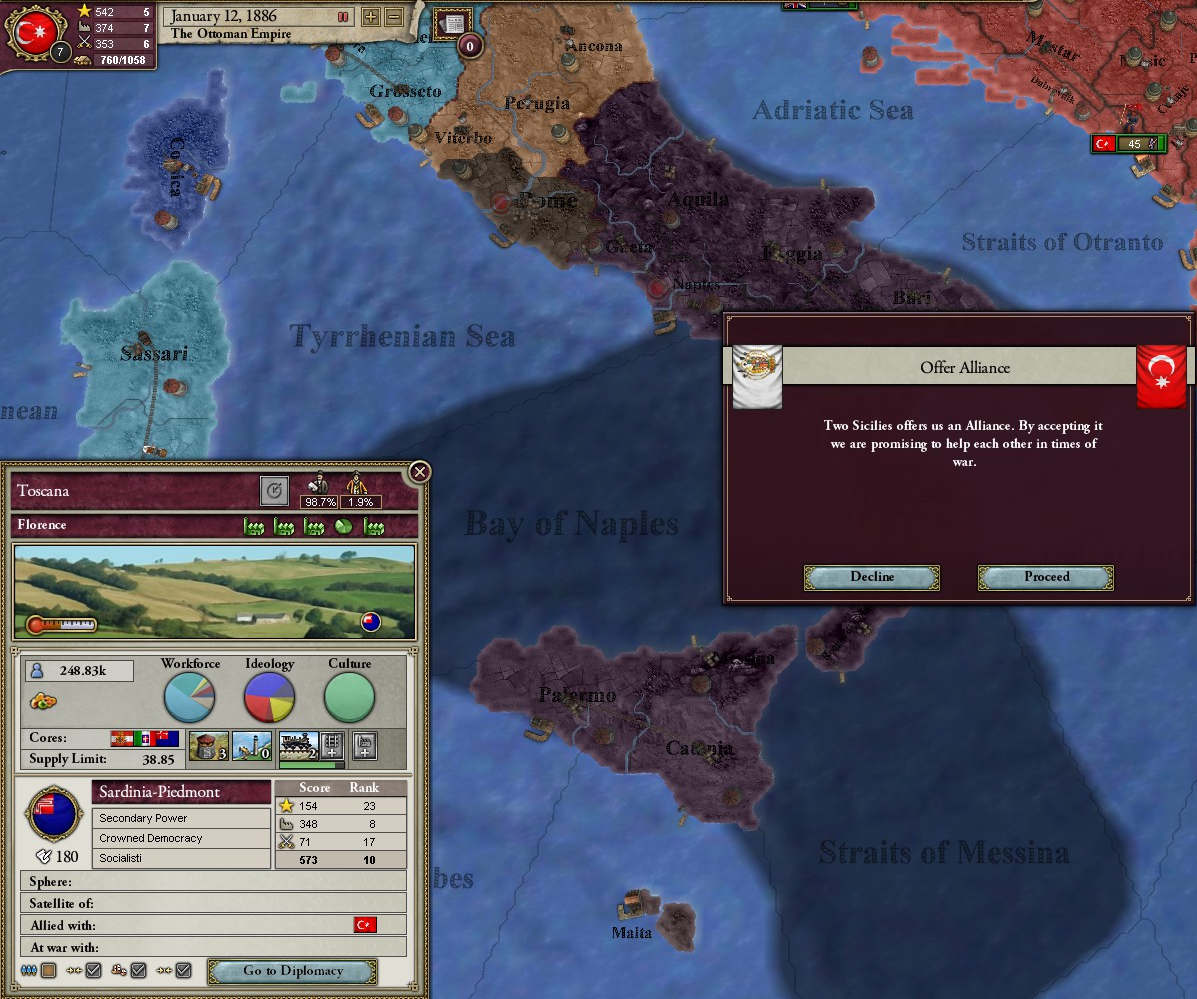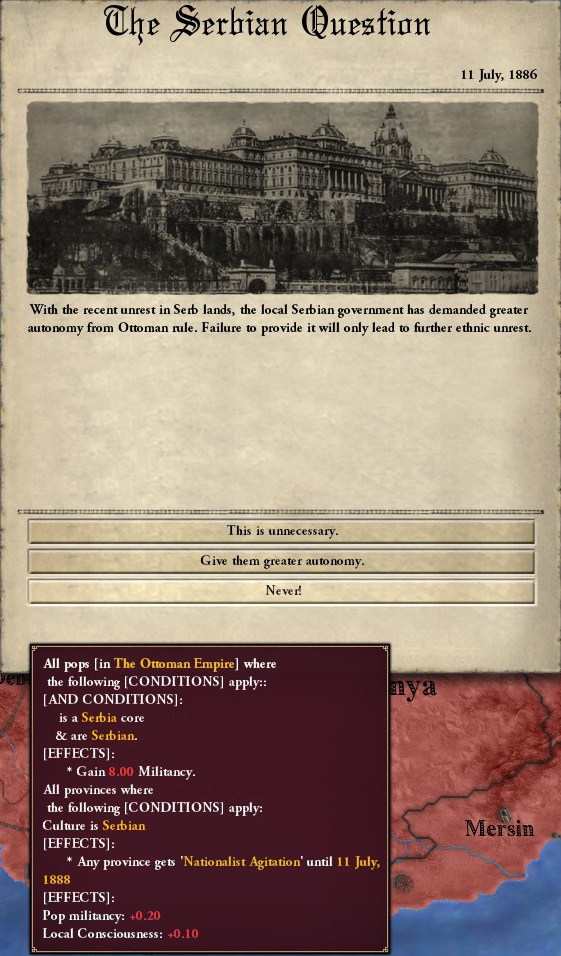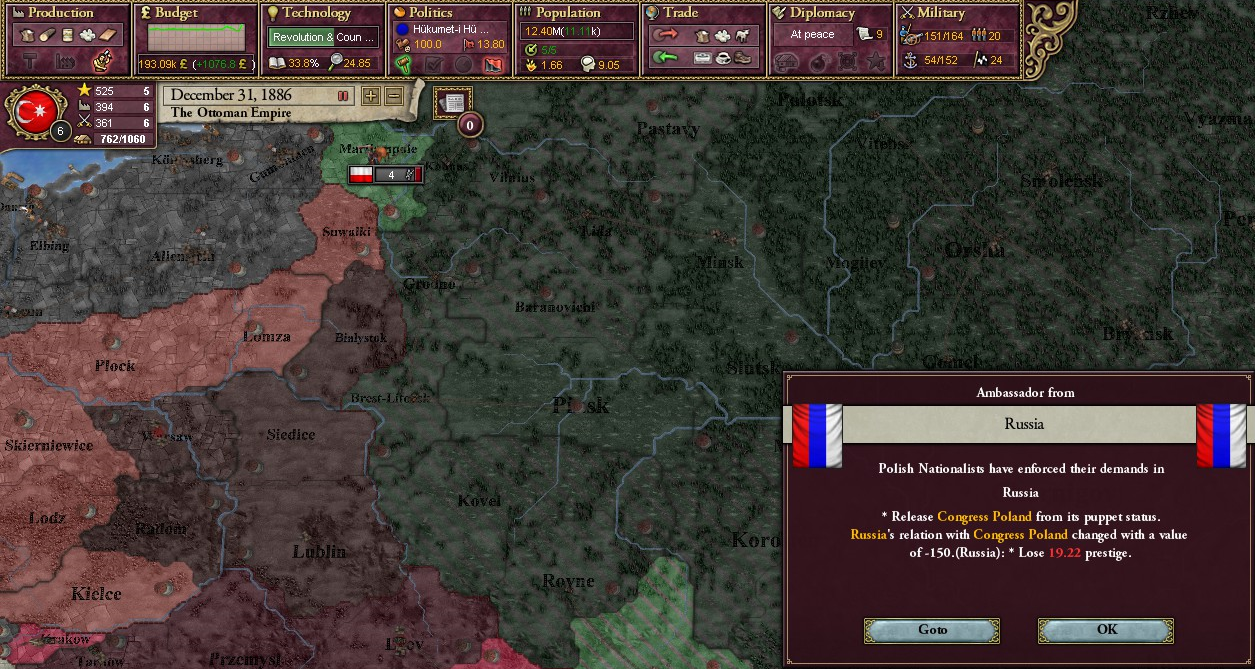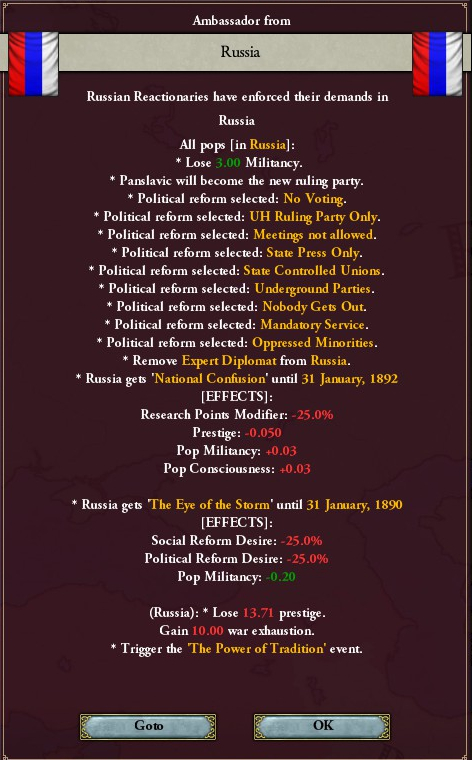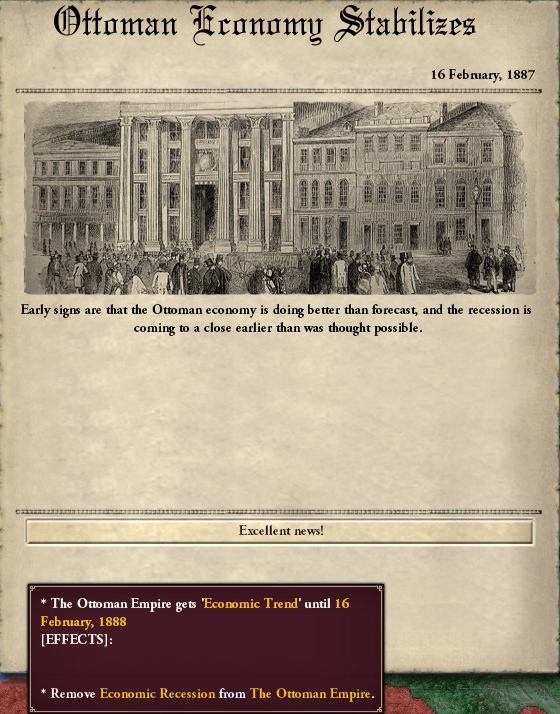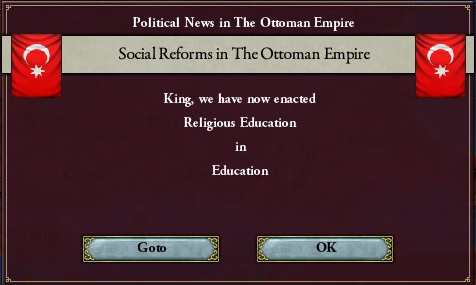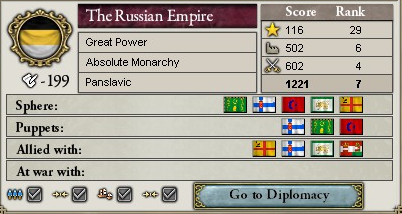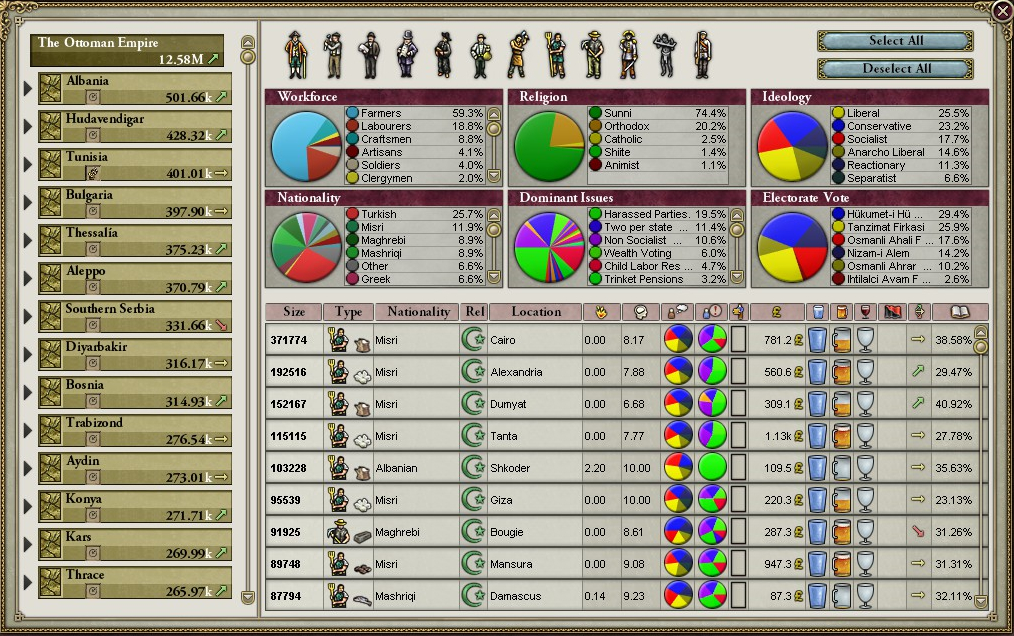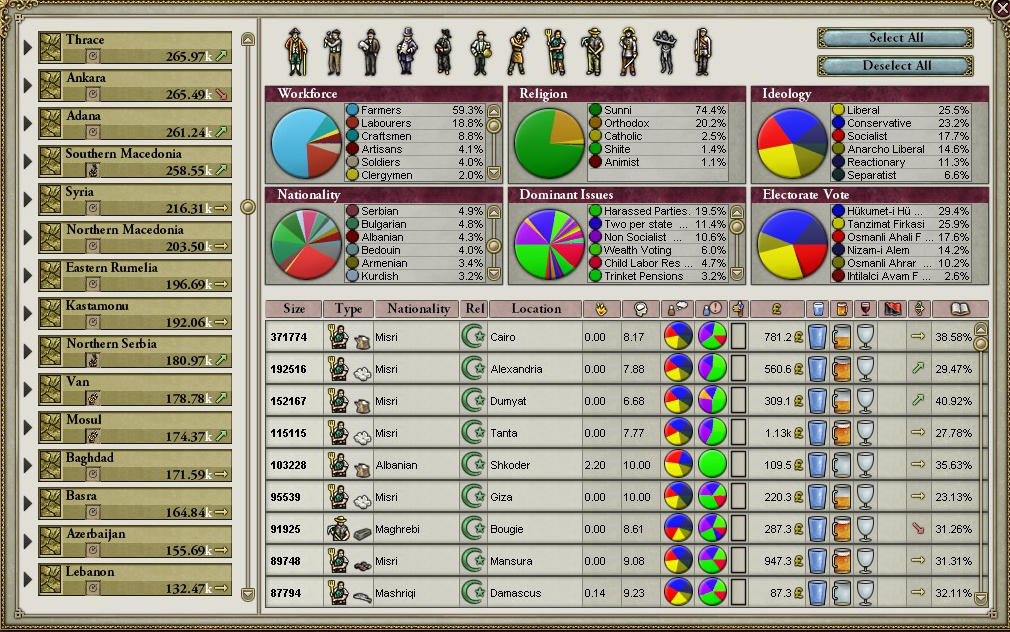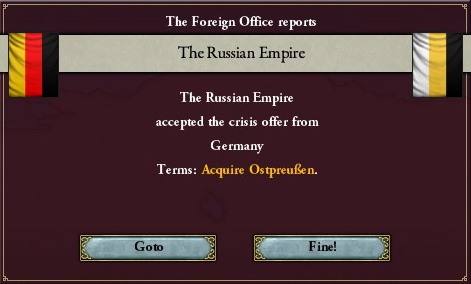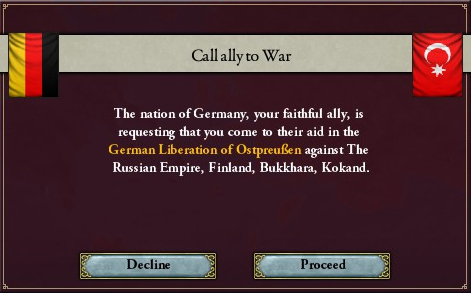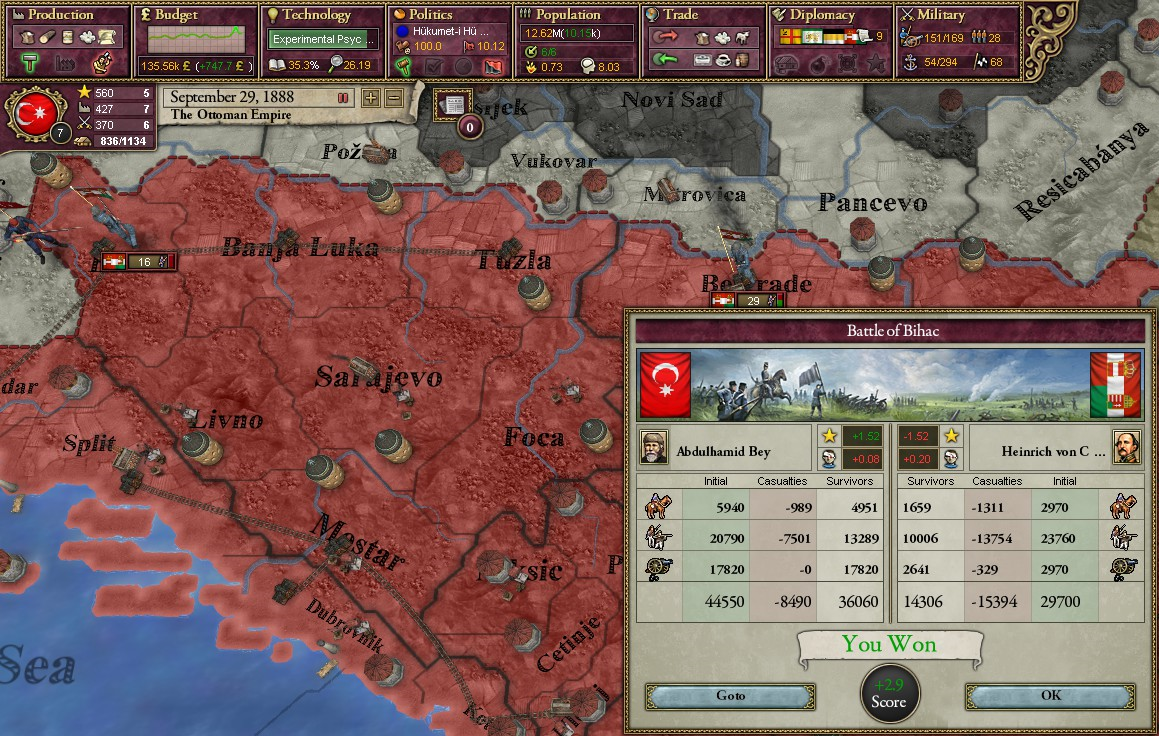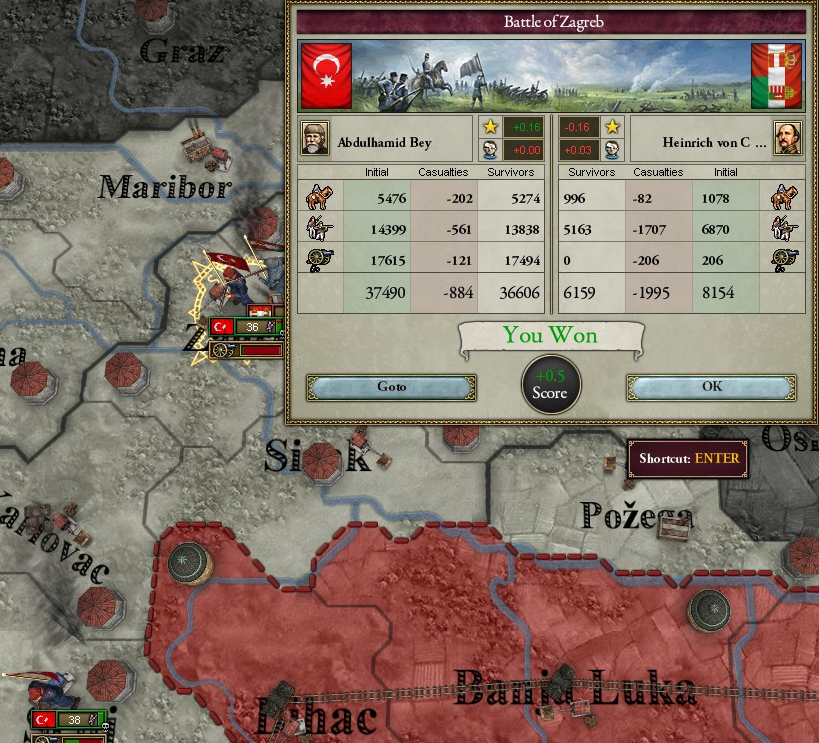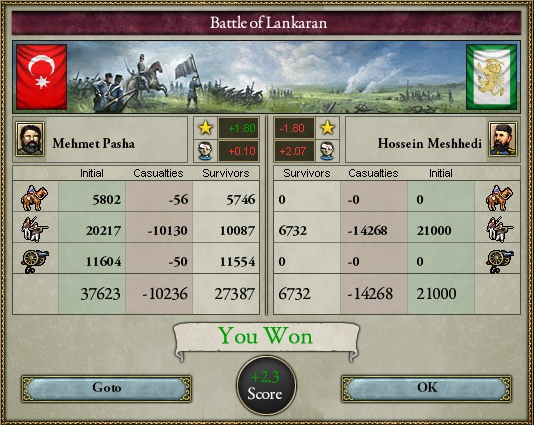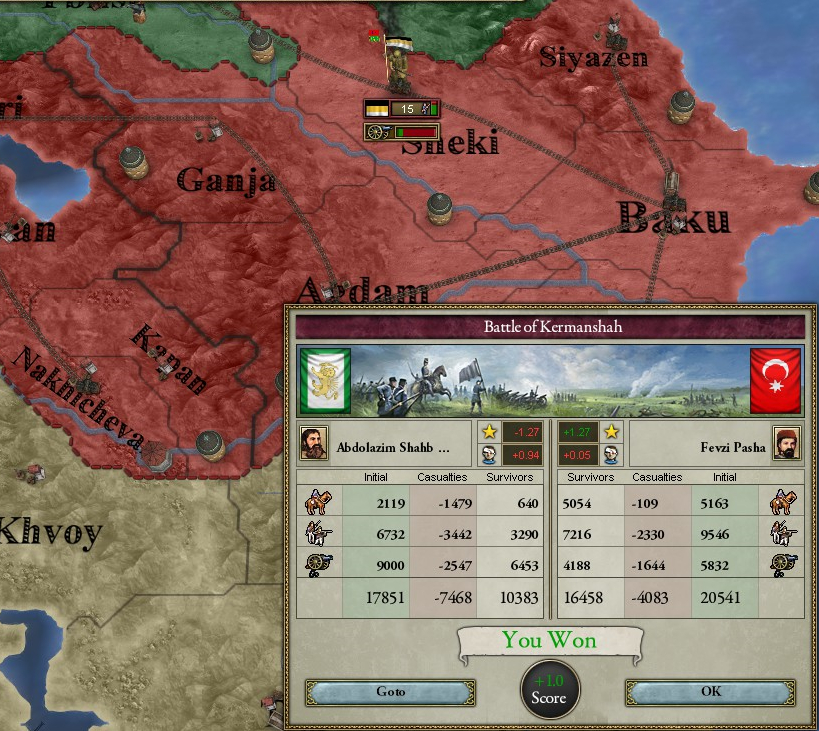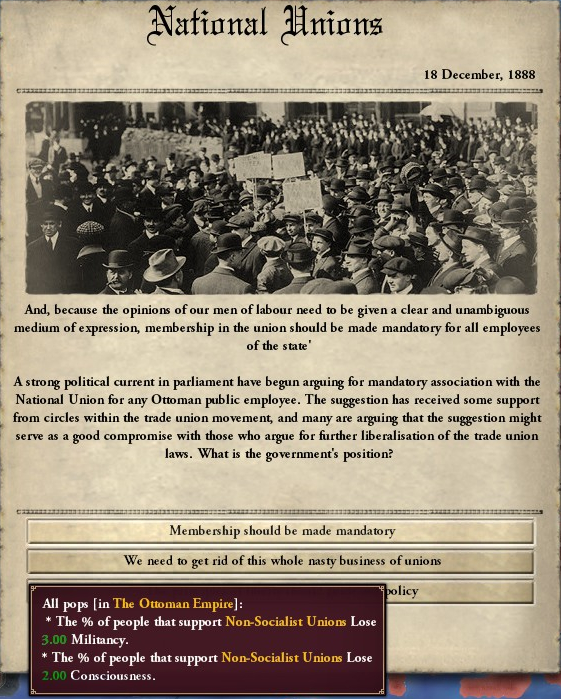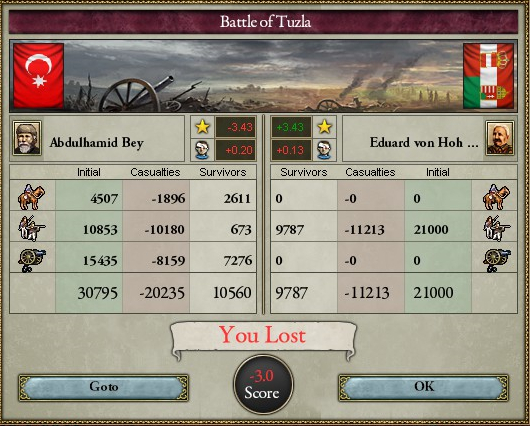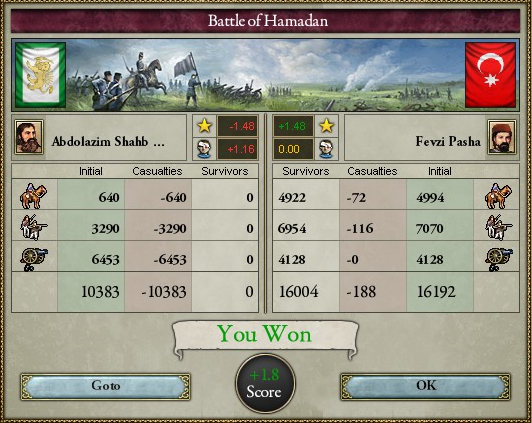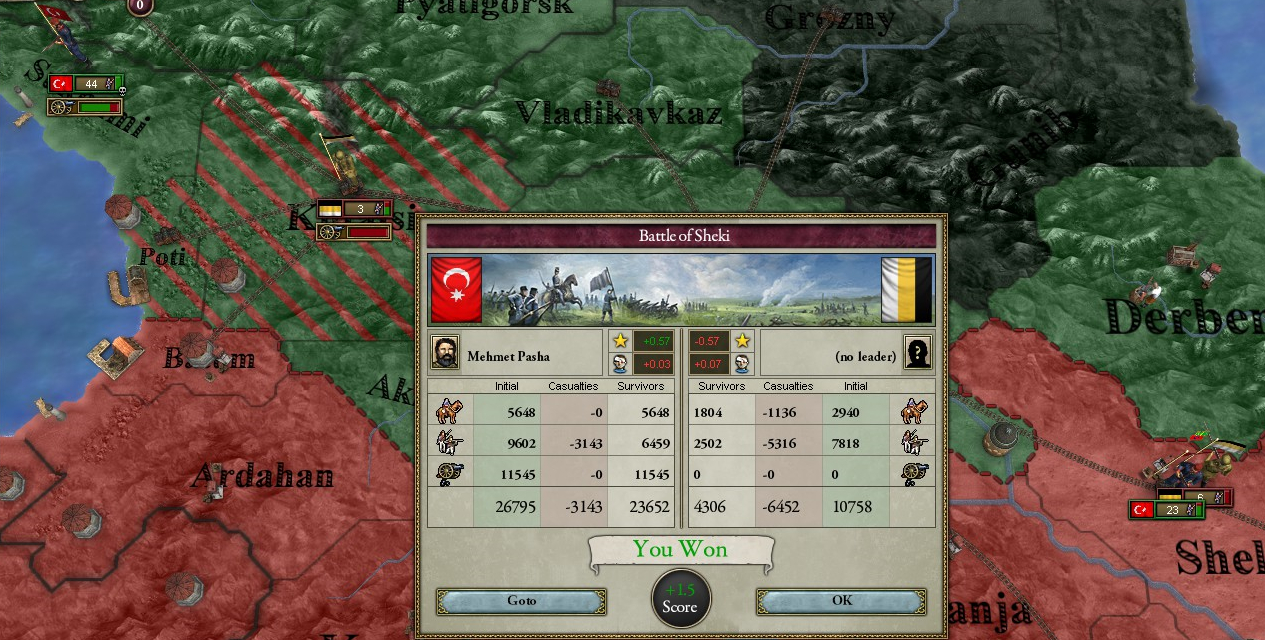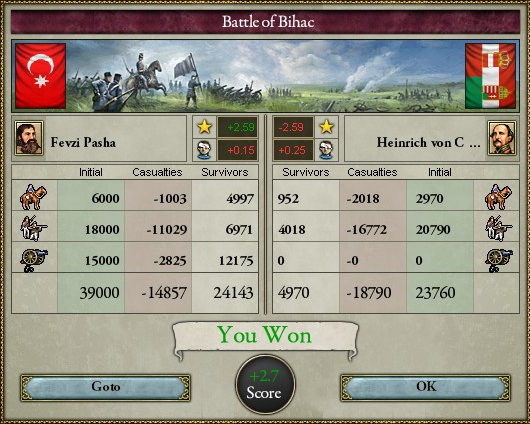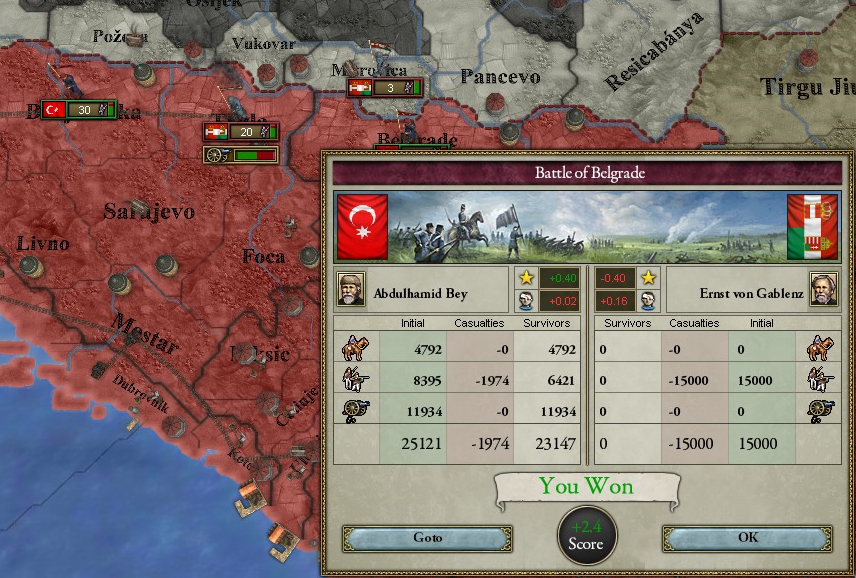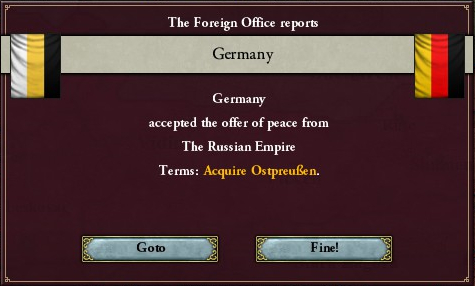Aye, expanding the Ottoman sphere has proven rather difficult thus far, but getting Spain into it gives us unfettered access to a strong european market for the first time, which will hopefully be of much benefit!getting spain in the soi sounds like a very good thing, especially if we can develop some industry.
the russo french alliance needs to be cut down, but the times are a little dire now. let's see what future brings
That is certainly a risk - the danger of embracing some minorities is always that this could increase the consciousness of others on the periphery...RIP Sultan Abdulaziz; long live Sultan Murad!
I can't help but see in the rise of the Mahdi a certain reactionary pushback against both the Ottomans' increasingly liberal reforms and their claim of pan-Islamic preeminence.
Well, the Empire lacks the literacy rate of the Austrians, and the raw materials of the Russians, so both have a significant advantage there. Ottoman industrial capacity has been expanding steadily, but our literacy rate is still holding us back at the moment by preventing the expansion of the Clerk population.While you're doing much better than historical, you industry seems to be lagging quite a lot compared to other nations. Even the beaten Russians and Austrians have more factories than you... when do you think you'll get a major industrial expansion?
Welcome, I hope you enjoy itWell I only just found this. I do love a good Ottoman AAR given their challenges and stakes.


